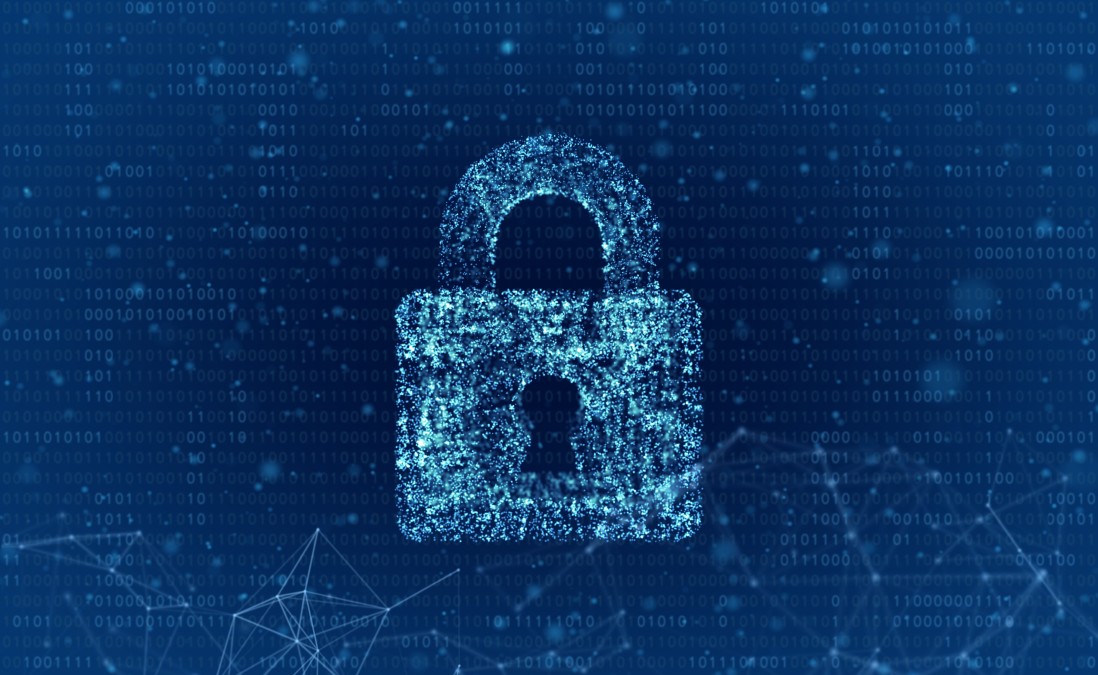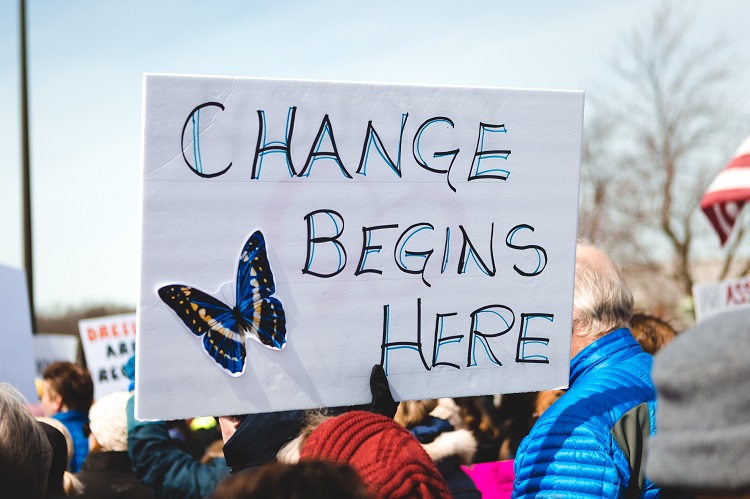Faith Brown was a 2020-2021 Young Scholar Awards Program recipient. She is a graduate of Hope College.
In 2017, the Supreme Court heard Endrew F. v. Douglas County School District, a landmark case regarding the level of educational benefit students with disabilities are entitled to receive through their local public school. Endrew is only the second special education case to be heard before the Court and required the Justices to further interpret the “free appropriate public education” or “FAPE” provision established by the Individuals with Disabilities Education Act (IDEA). In a unanimous decision in favor of students, the Court ruled that previous interpretations of FAPE lacked rigor and that the IDEA demands more of schools when educating students with disabilities. According to the Court, “a student offered an educational program providing ‘merely’ more than de minimis progress from year to year can hardly be said to have been offered an education at all.” The Endrew verdict was widely considered to have raised the bar for special education nationwide, but the effects of this revised standard of benefit on the actual implementation of special education services have yet to be measured.
While it can be difficult to gather data about special education services due to student privacy restrictions, one method for tracking changes in these services over time is observing special education disputes within a given district. For example, due process complaints (complaints filed against schools that allow parents to challenge an aspect of their student’s IEP) can serve as indicators of trends within special education services. When these complaints cannot be settled in mediation, an impartial hearing officer conducts a formal hearing and issues a legally binding resolution that is then published through each state’s education agency. Due process hearings are the most adversarial and costly form of dispute resolution available to parents under the IDEA, but these disputes highlight some of the most contentious issues in special education.
In my paper, I examine the effects of the Endrew verdict on due process hearings adjudicated in the District of Columbia over a five-year period. DC is an anomaly in terms of special education disputes because this school district adjudicates more due process hearings each year than any other state education agency in the country, despite having a population of less than 100,000 students. All DC due process hearings are publicly available through the District’s Office of the State Superintendent of Education, which allowed me to compile relevant hearing officer determinations into a database and code them for a number of factors. By analyzing all viable hearing officer determinations published between 2015–2019, this project provides a snapshot of the DC special education landscape and accounts for any changes in due process resolutions that could result from Endrew’s re-interpretation of FAPE.
Although the quantitative analysis did not reveal any statistically significant changes in hearing officer determinations after Endrew, the data revealed some surprising characteristics of DC due process adjudication as a whole. Studies of this kind are rare, but current data on due process hearing outcomes in other states show that school districts are almost always more likely to prevail at hearing than parents. However, parents in DC have much greater rates of success at hearing than parents in other states. Of the 1,664 issues analyzed in this study, parents prevailed on 46.3% of issues raised at hearing. DC schools prevailed on 51.4% of all issues, and 2.2% of issues resulted in split decisions favoring both schools and parents. I assigned all issues to one of eleven different categories to examine how rates of success at hearing vary across issues. The most commonly contested issues were those involving student’s IEPs, educational placements, and evaluations of disability. The issues with the greatest disparities in success—that is, issues where one party was notably more likely to prevail over another—were those relating to procedural violations, IEP implementation, and disciplinary infractions.
Due process hearings are an important legal protection afforded to students with disabilities, but I conclude that reducing the frequency at which these hearings occur is in the best interest of both families and school districts. I provide a number of solutions in my paper that schools can use to address issues before they arise to the severity of requiring a hearing, such as the proper preservation and maintenance of student records and ensuring that parents and school officials are knowledgeable of the relevant timelines guiding IEP meetings. Professional development and parent education focused on IDEA regulations should be a priority for DC schools so that educators truly understand their obligations and parents understand their rights under the law. Reducing the number of fully adjudicated due process hearings in the District will save both families and schools a great deal of time and money and can help improve the overall quality of education provided to students with disabilities.



